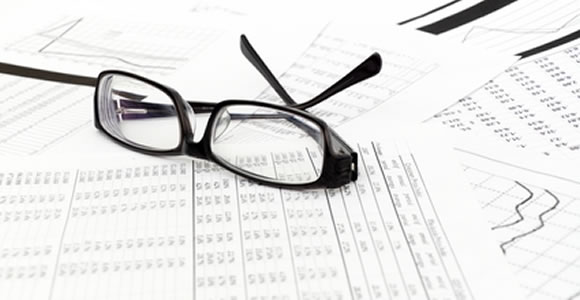Most businesses will require non domestic premises to offer their wares, or practice their trade. So, a pub or factory or newsagent – any commercial property in fact – will be charged business rates.
Why Are Business Rates Charged?
Think of them as a council tax for your business. When you get to know any business owner for more than 3 weeks, you’re guaranteed to hear them moan about business rates both vividly and frequently. Total con, they’ll suggest.
Local councils retort that business rates are very necessary to help pay for the myriad of local services that help keep the local community safe, comfortable and generally in a contented and buying mood. Business rates help pay for the police, fire department, roads and other key services – after all, if Mr Joe Average gets mugged on the streets, and comes home (after tripping up on a pothole while crossing the road) to find his house has burnt down to a cinder, he’s hardly going to want to treat his mates to a pint or two at The Bald Faced Grouse round the corner.
How Are Business Rates Calculated?
In a nutshell, business rates depend upon:
- The rateable value of the property
- The business rate multiplier. It’s important to be aware that this changes from year to year, and is set by Communities and Local Government in England, or by the Welsh Government in Wales. London is allowed to set it’s own multiplier.
- Any relief schemes your business may qualify for
Once the business rate is calculated, it will be sent to you by the local authority within which your property is located. Normally, the rates are payable in monthly instalments. If for any reason, you experience trouble paying your business rates, you have the option of discussing it with your local council. While the local council will calculate and send the rates via a bill, it’s always wise as a business owner to understand how they are fundamentally calculated. This way, at the very least you can make sure there haven’t been any glaring errors.
Do You Have To Pay Business Rates If You Run A Home Business?
If you do operate a business from your home, the part that is used for business may be subject to business rates. The rest of the real estate, not used for business would still be liable to council tax.
Whether you end up having to pay business rates will be judged on a case by case basis. Factors that the council will contemplate in deciding include how frequently the part used for business is actually used, and what if any modifications have been made to the property to facilitate business. Your property would need to be assessed before a decision can be made.
What If You Believe You Are Paying The Wrong Rates?
The rateable value of your business premises are calculated by the Valuation Office Agency – this is the agency to contact should you believe that they have the valuation of your property wrong, and so the rate too. Simple discrepancies can quickly be sorted out without much bother, so long as you have supporting proof that you’re right. If the VOA disapprove your request to change the business rates, you have the option to appeal.
Ultimately, factoring in business rates into your budgets are just one of those inescapable facets of business life that you have to accept. Adopting a somewhat philosophical approach, and believing that your council is indeed putting the cash to good use may not be the status quo among most business owners – but it sure will save you some mental agitation.
Right, I’m off to The Bald Faced Grouse. I sure hope I don’t trip up over a pothole on the way.

